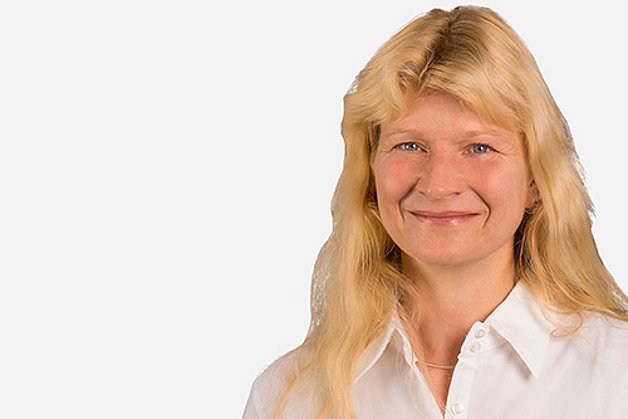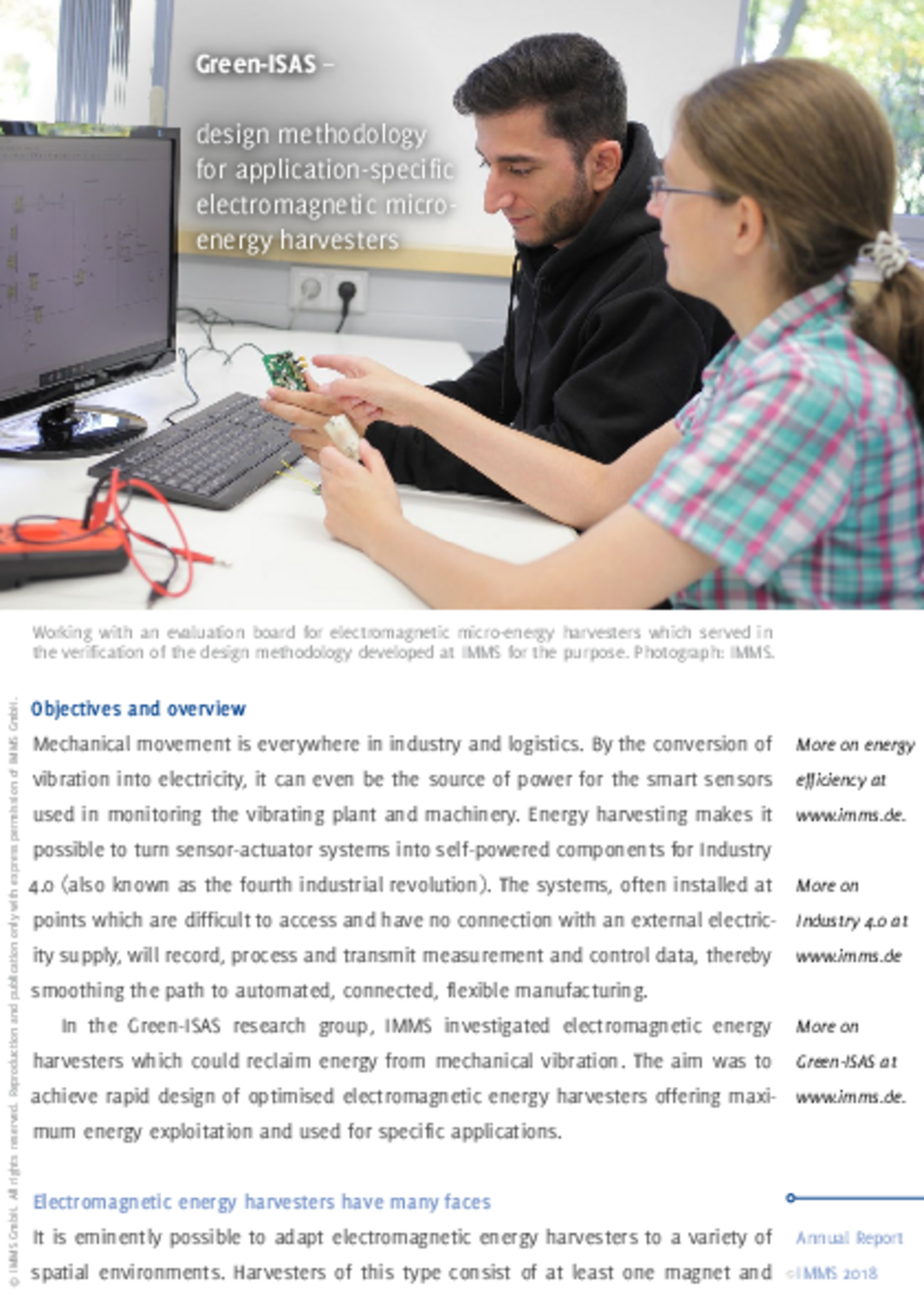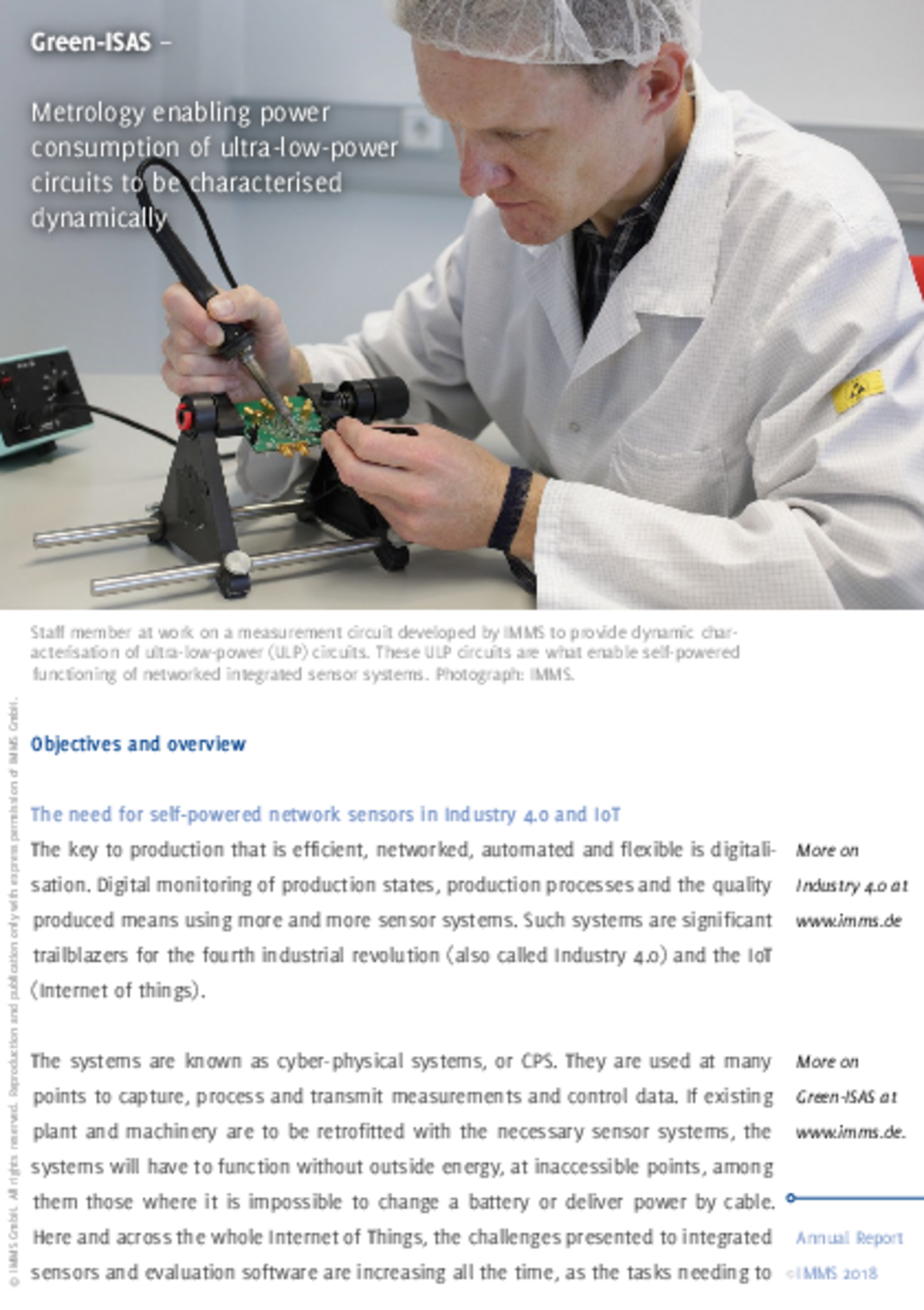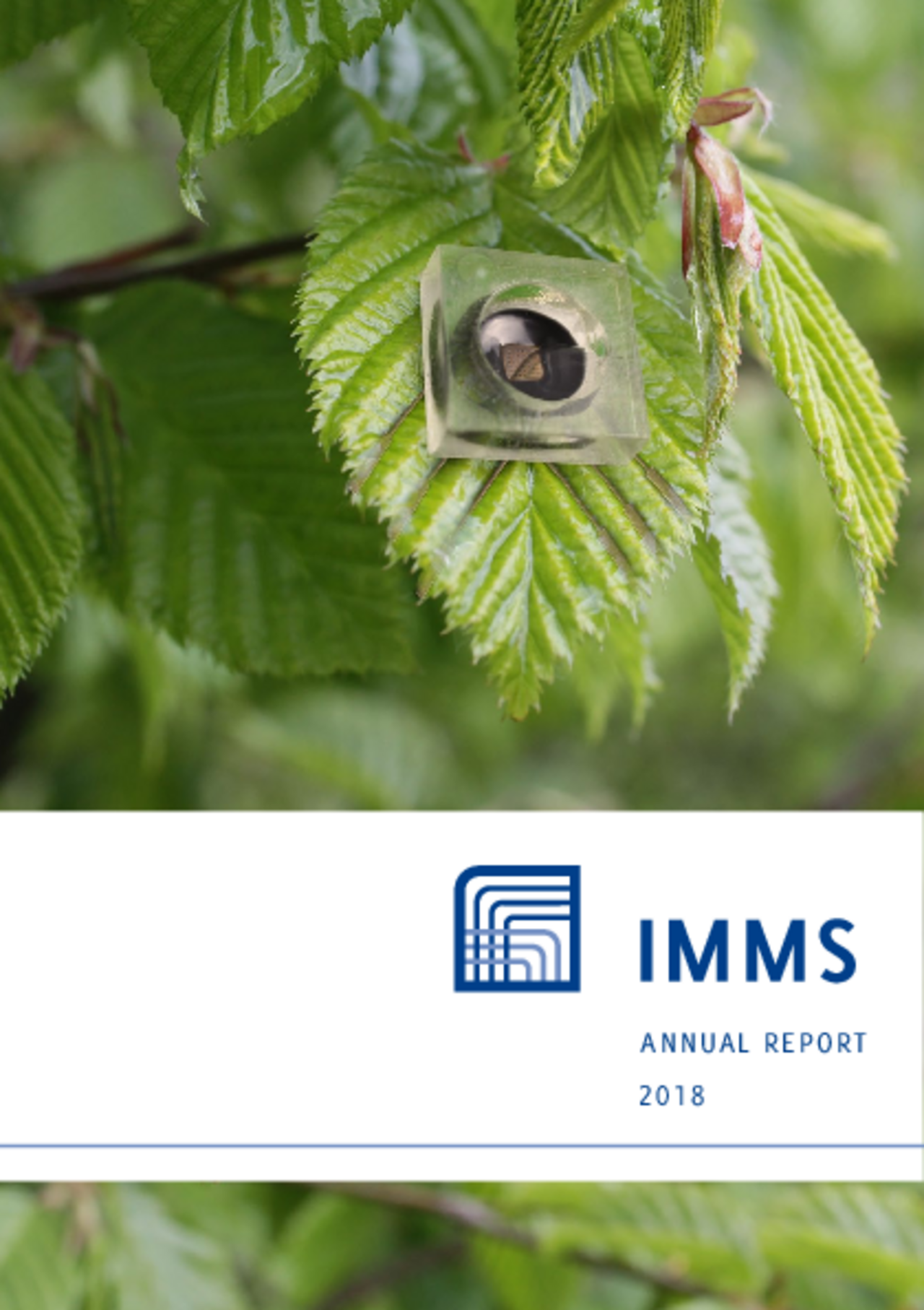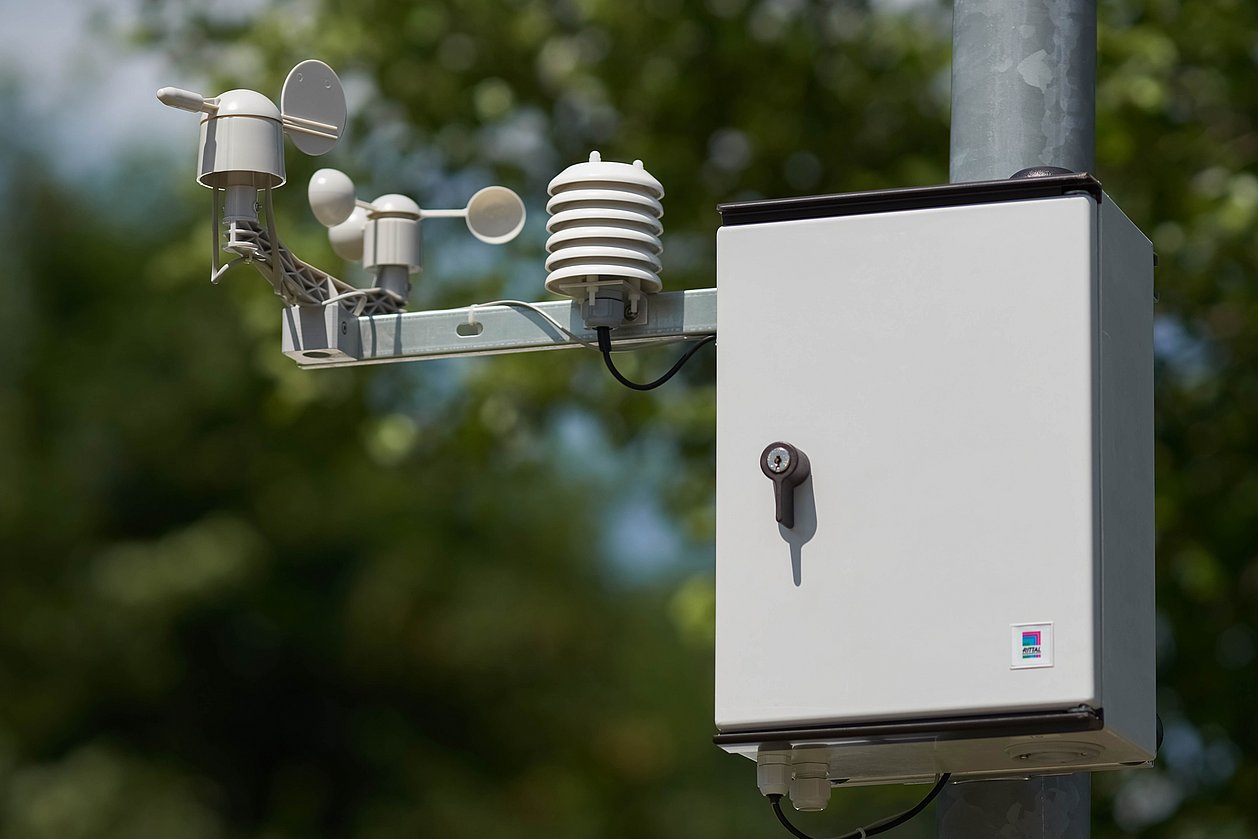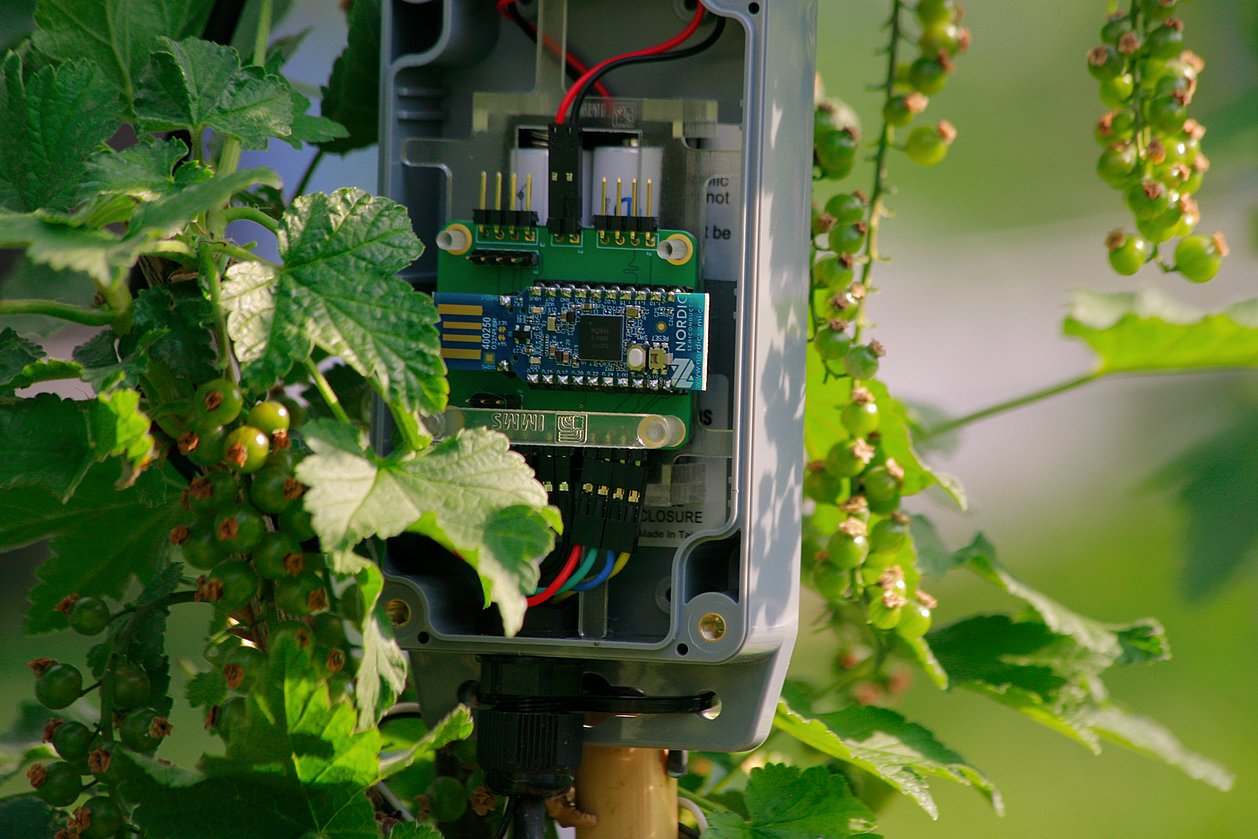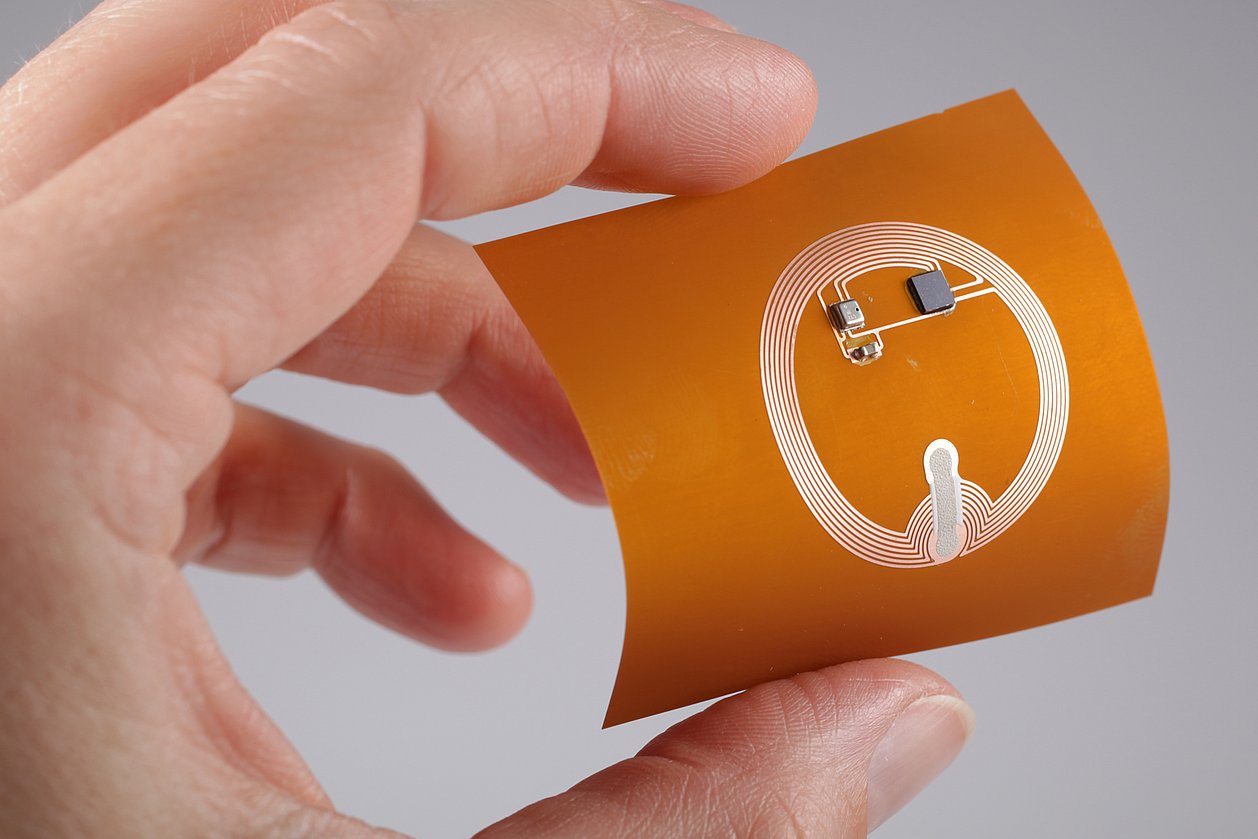Project Green-ISAS
Research on novel methods and technologies to enhance sensor-actuator systems to autonomous Industry 4.0 components
One key to unlock many Industry 4.0 applications is to be found in smart, autonomous sensor-actuator systems. In the Green-ISAS project, a range of broadly applicable solutions have been developed.
The basic modules have been yoked together to achieve highly efficient design, construction, testing and operation of new systems. To facilitate future development of useful application-specific technological solutions, Green-ISAS worked on design and test methods and the implementation of modular hardware and software components.
In new combinations, such systems with the characteristics of independent intelligence, networking capacity and energy autonomy have been set up and validated in two demonstrators.
Results obtained in Green-ISAS
- Energy-efficient processing of time-coded sensor signals
- Characterisation schemes for ULP (ultra-low-power) circuits
- Ultra-low-power circuits for passive long-range UHF-RFID frontends
- Design methodology for application-specific electromagnetic micro-energy harvesters
- Adaptive energy management components for self-powered sensor-actuator systems
- Concepts for communications conforming to Industry 4.0 in systems with very limited resources
An overview of all results and two specialist articles can be found in the 2018 Annual Report.
Acronym / Name:
Green-ISAS / Basic technologies for autonomous sensor-actuator systems for Industry 4.0Duration:2016 – 2018
Application:
Environmental monitoring and smart city applications|Automation technology and Industry 4.0|Industry 4.0Research field:Smart distributed measurement and test systems|Integrated sensor systems
Related content
Reference
Dr. Katja Nicolai, IL Metronic
“From my point of view, the numerous outcomes, many of them already validated by demonstrators, speak for themselves. These wireless solutions with their energy self-sufficiency are blazing the trail for quick, cheap and easy retrofitting. I envisage their use not only in manufacturing processes but in other areas such as transport and logistics.”

Forschergruppe Green-ISAS – Grundlagentechnologien für autonome Industrie-4.0-konforme Sensor-Aktor-Systeme
Wolfram Kattanek1.Tagung industrienaher Forschergruppen, 23. September 2019, Friedrich-Schiller-Universität Jena, Jena
1IMMS Institut für Mikroelektronik- und Mechatronik-Systeme gemeinnützige GmbH, 98693 Ilmenau, Germany.Messumgebung zur dynamischen Charakterisierung des Leistungsverbrauchs von Ultra-Low-Power Schaltungen
Marco Reinhard1. Alexander Rolapp1. Benjamin Saft1. Michael Meister1.31. GI/GMM/ITG-Workshop, Testmethoden und Zuverlässigkeit von Schaltungen und Systemen (TuZ 2019), 24.-26. Februar 2019, Prien am Chiemsee
1IMMS Institut für Mikroelektronik- und Mechatronik-Systeme gemeinnützige GmbH, 98693 Ilmenau, Germany.Energieautarkes Industrie-4.0-konformes Funksensorsystem
Wolfram Kattanek1.Science meets Industry, 23. Januar 2019, Chemnitz
1IMMS Institut für Mikroelektronik- und Mechatronik-Systeme gemeinnützige GmbH, 98693 Ilmenau, Germany.Industry 4.0-type Wireless Sensor Application Powered by a Semiautomatically Designed Mini-scale Electromagnetic Energy Harvester
Bianca Leistritz1. Frank Senf1. Elena Chervakova1. Sven Engelhardt1. Wolfram Kattanek1.18th International Conference on Micro and Nanotechnology for Power Generation and Energy Conversion Applications, PowerMEMS 2018, 4-7 December, 2018, Daytona Beach, Florida, USA
1IMMS Institut für Mikroelektronik- und Mechatronik-Systeme gemeinnützige GmbH, 98693 Ilmenau, Germany.

Press release,
Technologiebaukasten auf dem Weg zu autonomen Industrie-4.0-konformen Sensor/Aktor-Systemen
Ilmenau, 19.04.2018. Die Thüringer Forschergruppe Green-ISAS präsentierte Vertretern des projektbegleitenden Beirats aus zwölf Unternehmen und drei Forschungseinrichtungen am 18. April 2018 beim dritten Statusworkshop am IMMS den Stand der Arbeiten zu Grundlagentechnologien für autonome Industrie-4.0-konforme Sensor/Aktor-Systeme anhand von drei Demonstratoren und vier Fachvorträgen.
„Die Unternehmen wünschen sich eine vernetzte, automatisierte und flexible Produktion, um effizienter hohe…
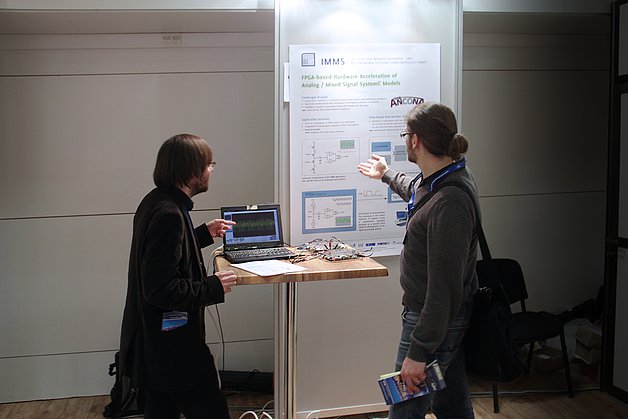
Event,
TuZ 2019
Two presentations at the 31th GMM/GI/ITG Workshop on test methods and reliability of circuits

Event,
Science meets Industry
Silicon Saxony invites scientists and industry partners to the 2nd meeting "Science meets Industry".

Event,
PowerMEMS 2018
Micro and Nanotechnology for Power Generation and Energy Conversion Applications

Event,
FDL 2018
Lecture at the conference ”Forum on specification & Design Languages“:
Session 1, Event-driven Modeling and Simulation, Monday 10, September 2018, 15:00 pm - 16:30 pm
From Low-Power to No-Power: Adaptive Clocking for Event-Driven Systems
Authors: Georg Gläser1 , Benjamin Saft1, Dominik Wrana2 , Athanasios Gatzastras2 , and Eckhard Hennig2
1IMMS Institut fürMikroelektronik- und Mechatronik-Systeme gemeinnützige GmbH, Ilmenau, Germany
2Reutlingen University, Reutlingen, Germany
Contact
Contact
Dr.-Ing. Tino Hutschenreuther
Head of System Design
tino.hutschenreuther(at)imms.de+49 (0) 3677 874 93 40
Dr. Tino Hutschenreuther will answer your questions on our research in Smart distributed measurement and test systems and the related core topics Analysis of distributed IoT systems, Embedded AI and Real-time data processing and communications, on the lead applications Adaptive edge AI systems for industrial application and IoT systems for cooperative environmental monitoring as well as on the range of services for the development of embedded systems.
Funding
Supported by the Free State of Thuringia and the European Social Fund under the reference 2016 FGR 0055.


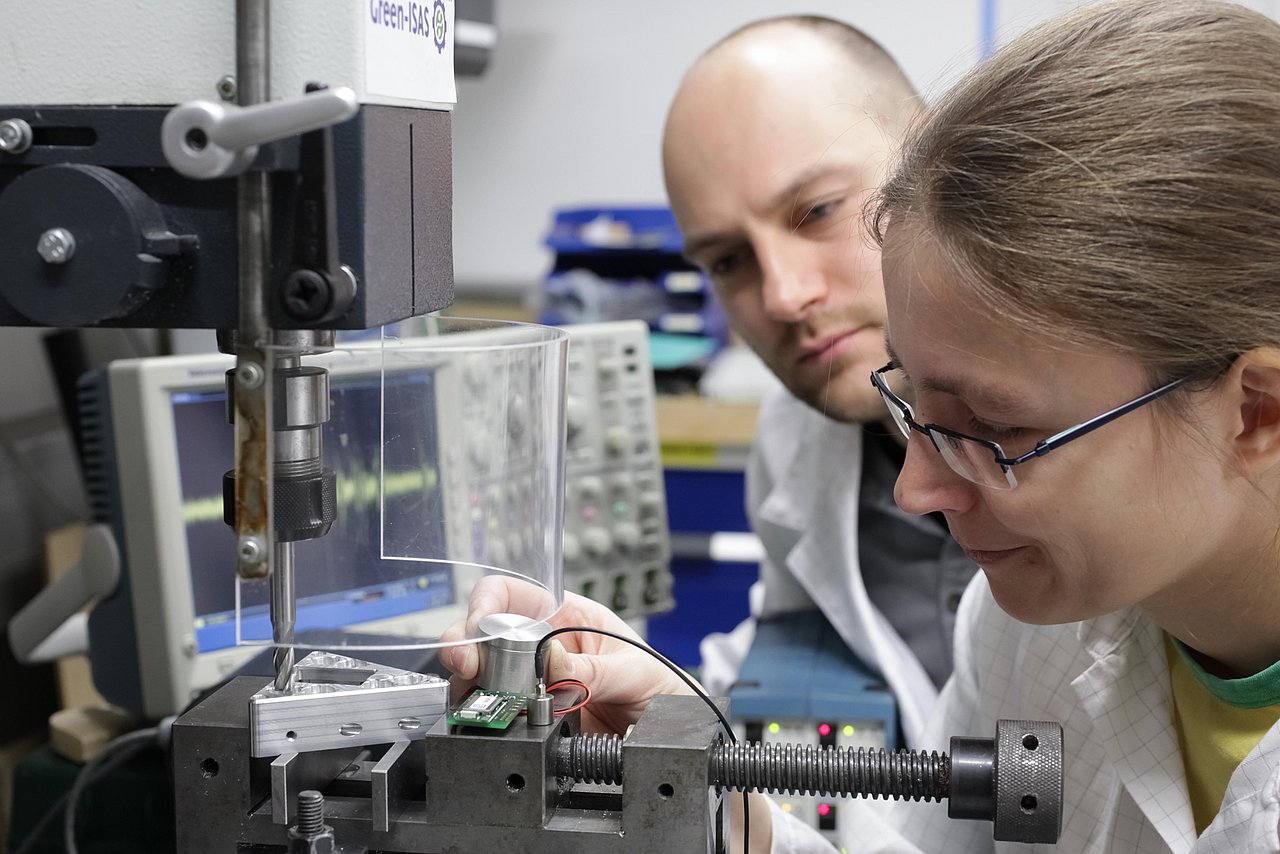

![[Translate to English:] [Translate to English:]](/fileadmin/_processed_/1/d/csm_20181012_Green-ISAS_EHSAS-Aufbah_JonathanGamez_IMG_7281_1920x1280_15fd2b1fd2.jpg)
